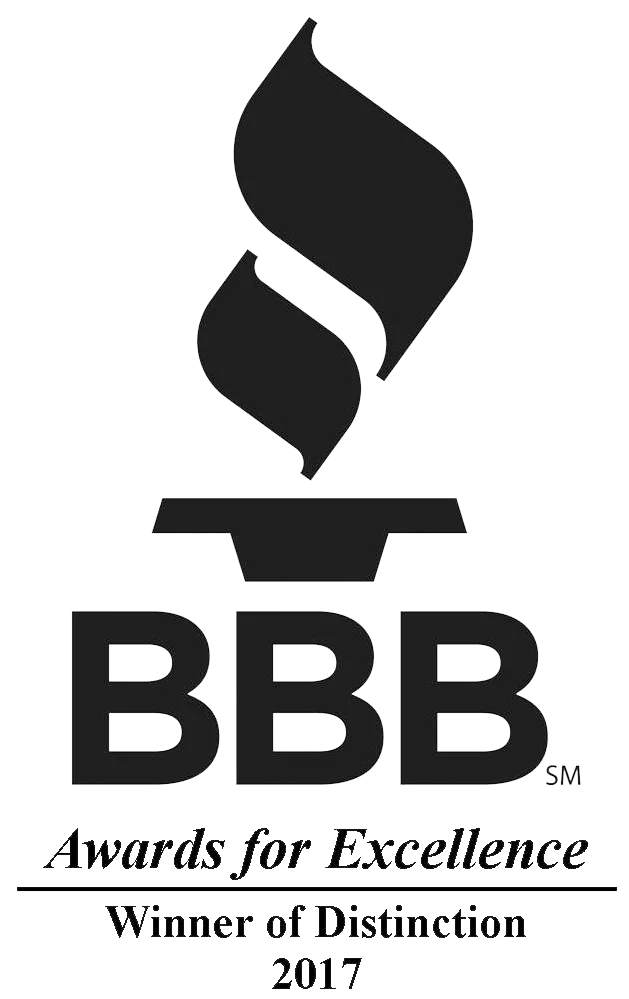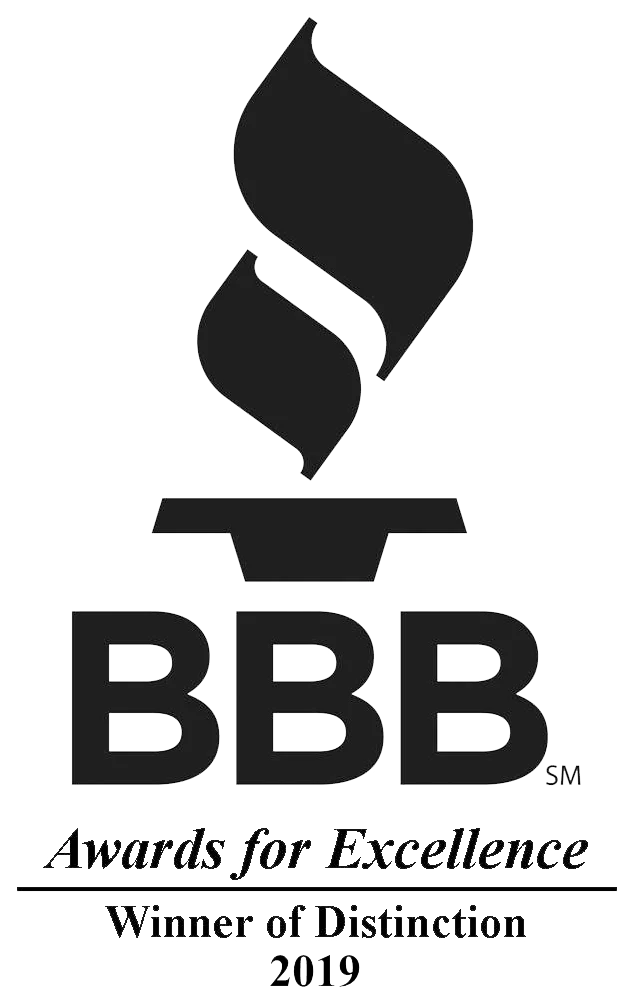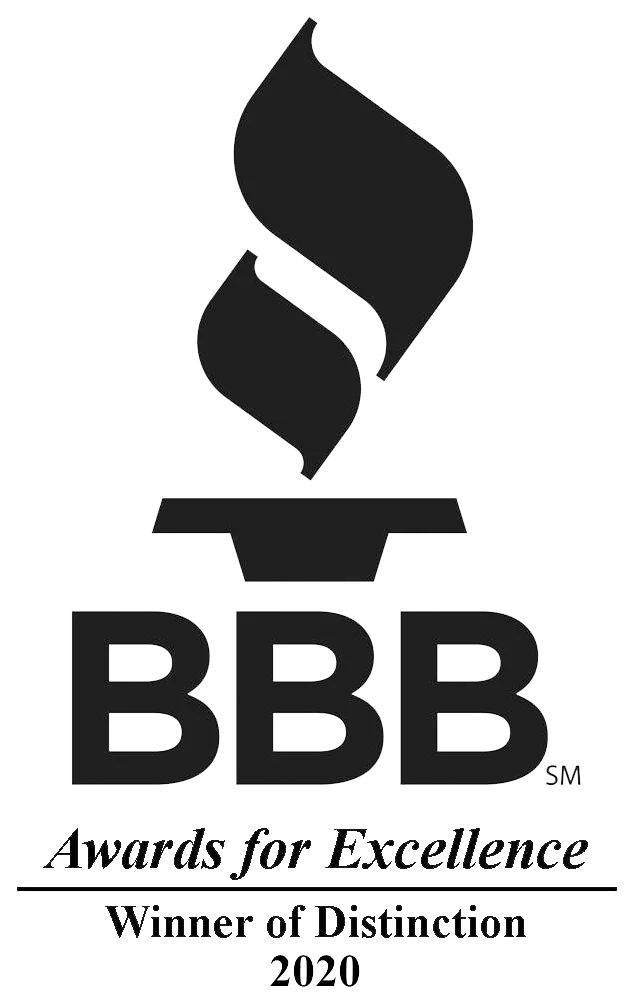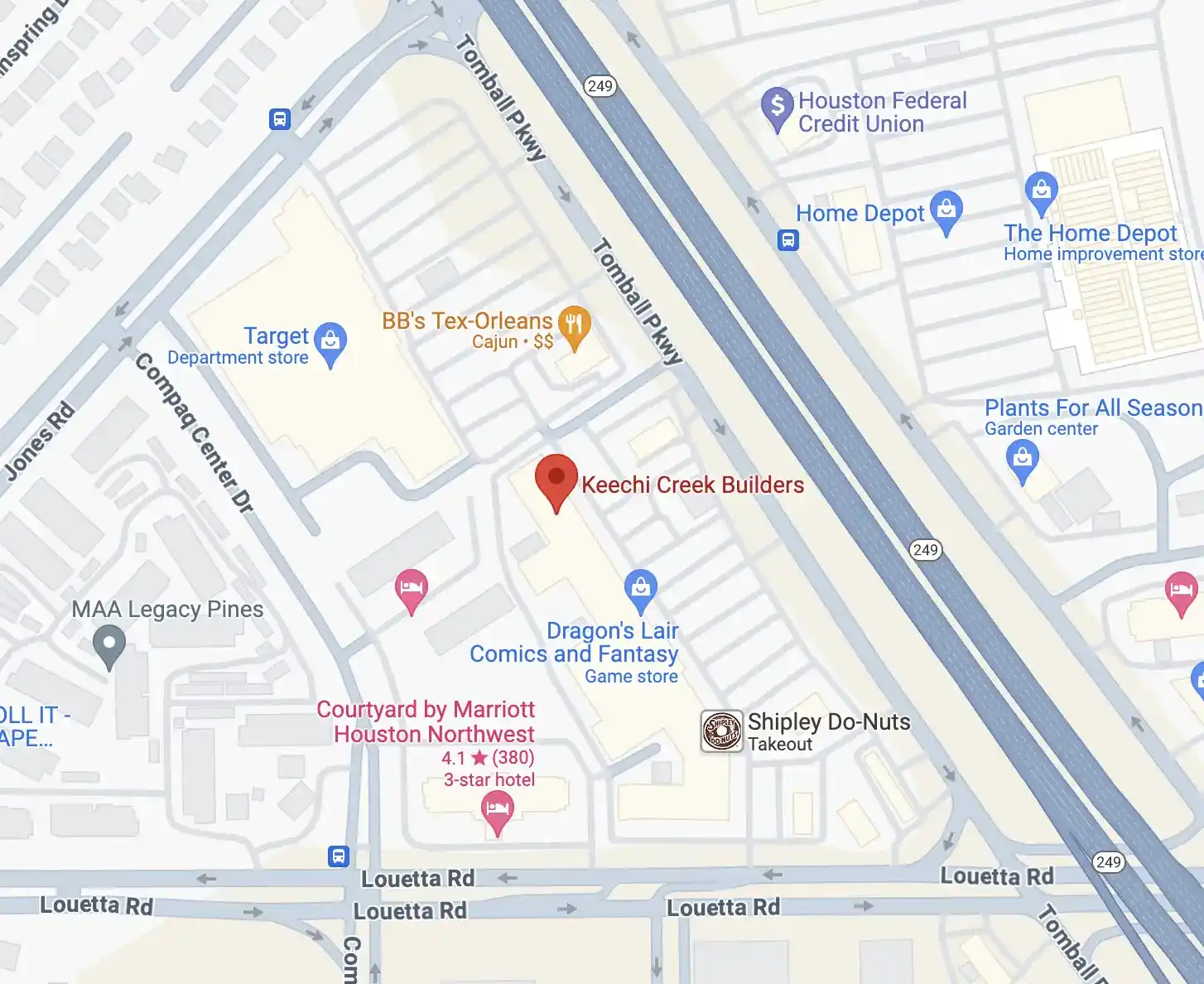Picture this: the sun is streaming through your newly installed kitchen windows, reflecting off the freshly polished granite countertops, and highlighting the gleam of your state-of-the-art appliances. You're standing in your dream kitchen, and the best part? You've achieved it within your set budget. Can you see it? Now, how can you make this vision a reality without breaking the bank? Let's explore some cost-effective planning and scheduling strategies for remodeling your kitchen – because, believe it or not, you don't have to burn a hole in your pocket to achieve a stylish, functional kitchen.
Key Takeaways
- Understanding the cost factors of kitchen remodeling aids in setting a realistic and affordable budget.
- Creating a remodeling timeline and scheduling efficiently prevents unnecessary costs and ensures smooth progress.
- Balancing desired features, financial resources, and unexpected expenses is key to affordable kitchen remodeling.
- Deciding between hiring professionals and DIY approach affects cost, timeline, and the quality of the remodel.
Understanding Kitchen Remodeling Costs
Before diving headfirst into your kitchen remodel, it's crucial that you have a clear understanding of the potential costs, considering factors like the size of your kitchen, the quality of materials, and the extent of the changes you're planning to make. Don't underestimate the material selection impact on your budget. High-end materials like granite countertops and custom cabinetry can significantly increase costs, while opting for laminate surfaces and stock cabinets can keep expenses down.
A kitchen layout redesign is another cost factor. If you're planning to move plumbing or electrical fixtures, or knock down walls, the costs will rise considerably. However, if you're simply updating the existing layout with new cabinets, countertops, and appliances, your costs will be much lower.
Setting a Realistic Remodeling Budget
Once you've got a grip on the potential costs, it's time to set a realistic budget for your kitchen remodel that won't break the bank. Remember, your budget allocation should reflect your priorities. Take a critical look at your financial situation and decide what you're comfortable spending. Consider allocating a portion of your budget to unexpected expenses, as they often arise during renovation projects. One of the most useful kitchen remodel budgeting tips is to focus on high-impact areas, like cabinets or countertops, and look for cost-effective options elsewhere. Staying flexible and prioritizing your must-haves will help you achieve a balance between your dream kitchen and your financial constraints.
Consider the size of your kitchen, the complexity of the remodel, and the quality of materials you desire. These factors will significantly impact the overall cost. It's advised to set aside a bit of your budget for unexpected expenses. Any remodeling project can uncover unforeseen issues that need addressing, and kitchens are no exception.
Financial flexibility is crucial in this process. You don't want to stretch yourself too thin. It's better to plan a remodel you can comfortably afford now, rather than going into debt for a dream kitchen. Think about how you can get the most value for your money. Perhaps you can save by doing some tasks yourself, or by choosing less expensive materials for certain aspects of the remodel.
In the end, setting a realistic remodeling budget requires a careful balance of your wants, needs, and financial resources. It's an important step in ensuring your kitchen remodel is successful, affordable, and stress-free.
Importance of a Remodeling Timeline
Crafting a well-thought-out timeline for your kitchen remodel is a crucial step that shouldn't be overlooked. It serves as a roadmap to your project, helping you stay organized, ensure tasks are completed in sequence, and prevent unnecessary costs due to delays or overlooked details.
A clear-cut, practical timeline helps you:
- Identify the sequence of tasks, emphasizing the prep work importance.
- Allocate sufficient time for each phase, ensuring no rush and less room for error.
- Plan for possible hiccups, demonstrating timeline flexibility.
Incorporating flexibility into your timeline is essential. It enables you to adapt to unexpected changes or delays without derailing the entire project. Prep work is another central aspect of your timeline. The initial stages, such as design selection, contractor hiring, and material sourcing, set the foundation for the rest of the project.
Scheduling Strategies for Efficiency
Now that you understand the importance of a well-planned timeline, let's explore some efficient scheduling strategies to optimize your kitchen remodel project. The first step is identifying your 'Efficiency Metrics'. These are the benchmarks you'll use to measure progress and ensure you're on track. They could be completion of certain tasks, adherence to your budget, or minimizing downtime in your kitchen.
Next, consider your 'Time Management'. Break down your project into manageable tasks and set realistic deadlines for each. Remember, some tasks are sequential, meaning one must be completed before the next begins. For example, you can't install cabinets until the walls are painted. Others, like ordering appliances, can be done concurrently with other tasks.
Get a calendar and mark out your deadlines. This visual aid helps keep you focused and highlights any potential bottlenecks in your schedule. Don't forget to factor in unexpected delays, like shipping times for materials or unforeseen repairs.
Lastly, prioritize tasks based on their impact on the project's timeline and your daily life. For instance, getting your stove installed quickly might be a priority if you rely on home-cooked meals.
Hiring Professionals Vs. DIY Approach
Deciding whether to hire professionals or take a DIY approach is a pivotal decision in your kitchen remodeling project, with significant impact on cost, timeline, and the quality of the final outcome.
This decision hinges on several factors such as your skill assessment, time availability, and tool selection. So, let's break it down:
- Skill Assessment: Assess your skills honestly. Do you have the necessary skills to handle all aspects of kitchen remodeling? Complex tasks like plumbing or electrical work might require professional help.
- Time Availability: A kitchen remodel isn't a weekend project. It requires a substantial time investment. If you're juggling other commitments, hiring professionals might be a more efficient choice.
- Tool Selection: A proper remodeling job requires specific tools. Do you have them? If not, consider the cost of buying or renting them versus hiring a professional who already owns them.
Practical Ways to Cut Remodeling Costs
To keep your kitchen remodeling project within a budget, consider these five practical strategies to cut costs without compromising quality.
First, consider recycling appliances. If your appliances are still in good working condition, there's no need to replace them. You can refresh their look with a coat of appliance-specific paint or new hardware. This not only saves money but also reduces landfill waste.
Second, shop smart. Look for sales, closeouts, and overstock items. You can find high-quality materials at a fraction of the cost if you're patient and diligent.
Third, do some tasks yourself. While some jobs require professional skills, others like painting or installing a backsplash don't. Doing these tasks yourself can save a significant amount on labor costs.
Fourth, make energy-efficient upgrades. While these may cost more upfront, they'll save you money in the long run by reducing your energy bills. Plus, you might qualify for tax credits or rebates, further offsetting the cost.
Lastly, keep the same layout. Moving plumbing or electrical wiring can be expensive. If possible, work with your existing layout to save on these costs. By following these tips, you can manage your remodel effectively while keeping costs down.
Maintaining Budget During Unexpected Situations
Even with careful planning, unexpected expenses can crop up during a kitchen remodel, so it's crucial to know how to maintain your budget during these unforeseen situations. Here are three steps you can take to ensure you're prepared for unexpected costs:
Emergency fund allocation: Before starting your remodel, set aside a portion of your budget for unexpected expenses. This emergency fund will act as a buffer, keeping your project on track even when surprises arise.
Insurance considerations: Check your homeowner's insurance policy. It may cover some costs associated with unforeseen damages during the remodel. Knowing what's covered can help you manage your budget more effectively.
Flexible budgeting: Plan for a flexible budget rather than a fixed one. This allows for adjustments when unexpected costs occur.
Frequently Asked Questions
What Are Some Eco-Friendly Options for Kitchen Remodeling?
For an eco-friendly kitchen remodel, consider sustainable materials usage, like bamboo or recycled glass countertops. Also, integrating green appliances can save energy and lower bills. Plan wisely to fit these into your budget.
How Can I Maximize Storage Space in a Small Kitchen During Remodeling?
You can maximize storage in a small kitchen by strategic appliance placement and incorporating innovative lighting solutions. Use vertical space, install corner cabinets, and consider under-cabinet lighting to illuminate workspaces and show off your organized kitchen.
What Are Some Latest Trends in Kitchen Design and How Can They Be Incorporated in a Budget-Friendly Way?
You can follow latest kitchen trends affordably. Buy budget appliances with modern designs. Use affordable lighting to highlight features. It's all about smart planning and savvy shopping while focusing on aesthetics and functionality.
How Can I Maintain the Functionality of My Kitchen During the Remodeling Process?
You can maintain your kitchen's functionality by setting up a temporary kitchen. It's crucial to plan meals effectively, perhaps relying more on easy-to-prepare or pre-made meals during the remodeling process.
Is It Possible to Remodel a Kitchen in Stages and What Would Be the Pros and Cons of This Approach?
Yes, you can remodel a kitchen in stages. It's cost-effective and allows better time management. However, it may prolong the overall project time. Consider your budget, schedule, and needs before choosing a staged renovation.










![prism2023 winner logo[8]](https://files.keechicreekbuilders.com/2024/11/prism2023-winner-logo8-e1731607791571.webp)
